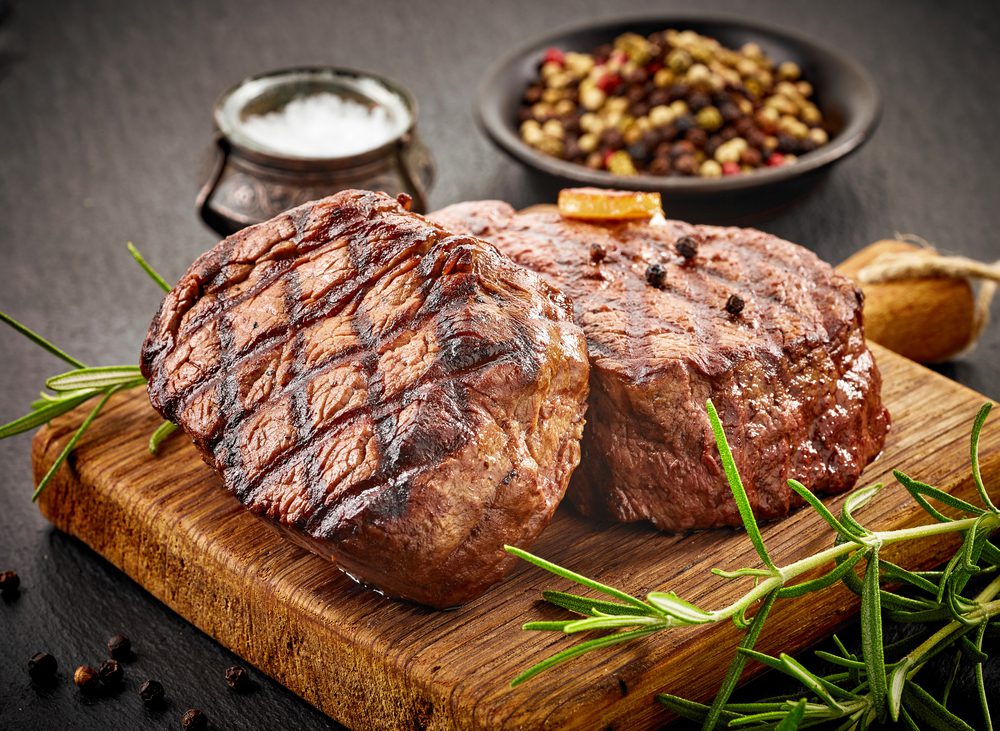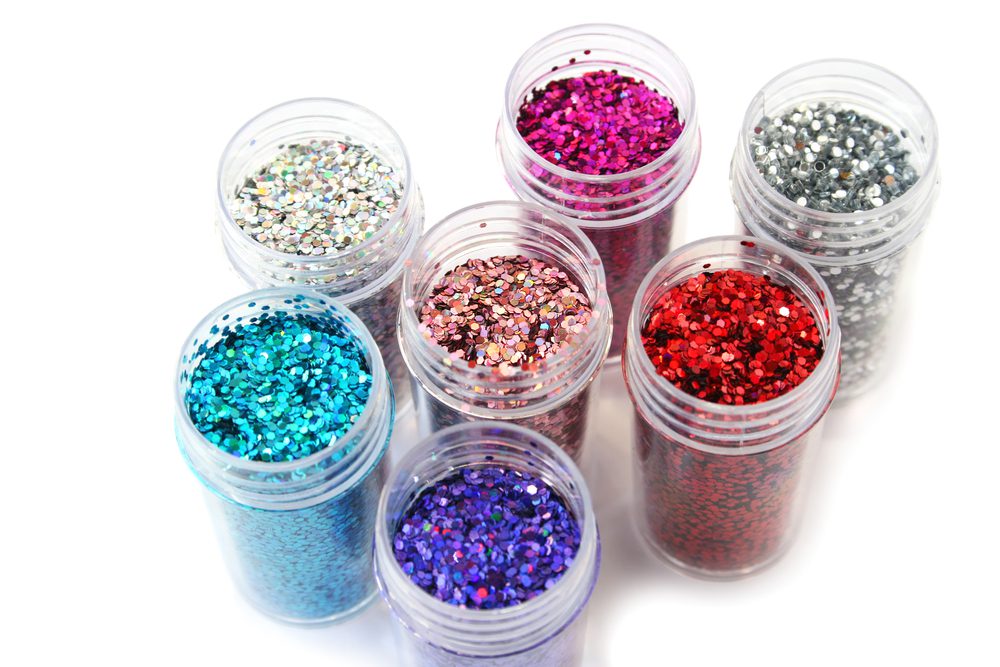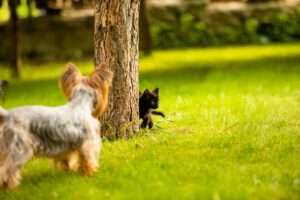
Eating farmed beef
According to experts, eating farmed beef can affect both the air and oceans, because raising beef involves a lot of water and the release of methane – a natural gas that affects climate change.
“Eat less beef, and instead choose sustainable seafood, vegetables, and chicken,” said Sandy Trautwein, PhD, vice president of animal husbandry at the Aquarium of the Pacific in Long Beach, California. “Ninety percent of the world’s fish are caught at or above sustainable levels. Seafood that is farmed or wild-caught in the United States is usually more sustainable than imported wild-caught seafood.”

Using glitter products
It seems that glitter products can negatively affect the world’s oceans, as they are made from plastic and it could be harmful to marine creatures that think it’s food. But if you still want to use it (maybe for your child’s school projects), you should opt for an eco-friendly alternative, such as colored salt or biodegradable glitters.
“Most glitter products used for children’s arts and crafts are made from plastic and when washed down the kitchen sink will contribute to the growing problem of microplastics in our environment,” Ives explains. “Microplastics are consumed by fish, birds, and sea turtles. One study found that microplastics have even contaminated the deepest point of the ocean, Challenger Deep, in the western Pacific Ocean’s Mariana Trench.”















